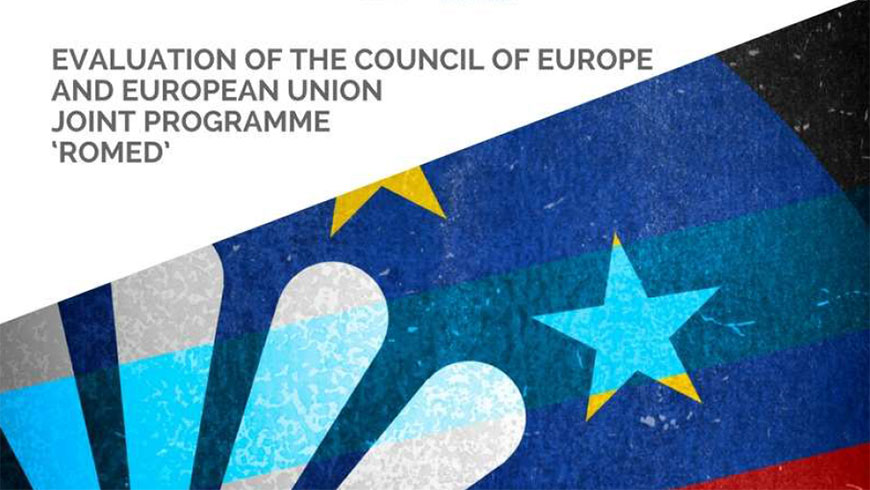Although their new report found room for improvement, evaluator company Blomeyer and Sanz and experts selected from Creda Consulting found that two major Council of Europe programmes – ROMED 1 and ROMED 2 – have helped to successfully enhance Roma participation and integration in seven focus countries.
The expert evaluation – carried out between February and June this year – covered Bulgaria, the Former Yugoslav Republic of Macedonia, Hungary, Portugal, Romania, Slovakia and Ukraine. According to the report, the main impact of ROMED 1 was to increase the functional capacities of Roma mediators, who have reduced communication gaps between Roma communities and public institutions, such as schools, health facilities, and local and regional administrations.
Evidence from 15 case studies in ROMED 2 municipalities indicates that that programme is considered relevant for strengthening Roma community empowerment, according to the report. The report stressed that community action groups, created by ROMED 2, have increased participatory skills and self-esteem of their members, who have been able to influence local policies. The evaluators surmised that ROMED 2 is valued by local authorities, as it has enabled them to learn directly from Roma communities about their needs and priorities.
The main report contains a description of how both programmes have been implemented, the impact and achievements they have induced as well as recommendations for improvement. Annexes comprise findings in the seven focus countries and the aforementioned case studies in 15 locations that illustrate how programmes were carried out at local level, showcasing in a transparent manner achievements as well as challenges.



